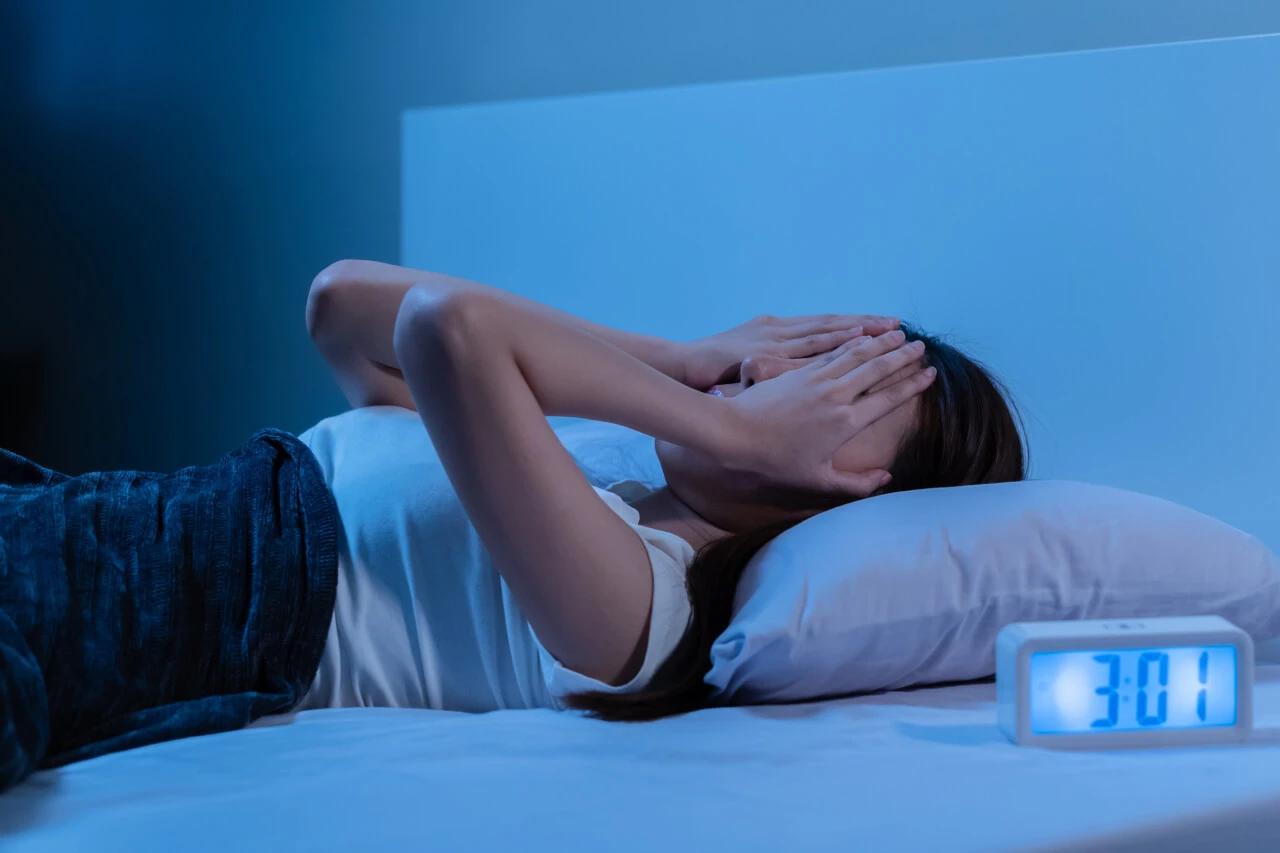As winter approaches we find it increasingly difficult to get out of our warm bed. Is the fatigue of everyday life to blame? Is it the stress that causes us to wake up several times in the night…and which in the end leaves us awake until dawn? Is there a specific time for each of us when we should sleep so that we wake up rested in the morning?
If you want to lose weight, make sure you get enough sleep.
According to recent studies, insufficient or interrupted night sleep, in addition to fatigue and lethargy, also causes changes in appetite, while it is also associated with weight gain and the appearance of obesity. In fact, a study carried out in 2014 states that people who slept an average of 6 hours a night were 30% more likely to be obese than those who slept 7-9 hours. In fact, insufficient hours of sleep seem to affect the mood for consuming foods with a high fat content as well as carbohydrates.
Most people know they should cut calories and exercise more, but now there’s significant scientific evidence that another critical component to weight control is avoiding sleep deprivation, scientists say.
“There is no doubt that insufficient sleep on a regular basis promotes hunger and appetite, which can cause excessive food intake resulting in weight gain,” said Dr. Eva Van Cauter, of the University of Chicago during of her presentation at the 12th European Nutrition Congress held in Berlin.
Accordingly, research on children showed that children who sleep fewer hours have an increased chance of becoming overweight over a period of 5 years.
Recent studies have shown that people who have insufficient sleep:
- They have increased levels of the hunger hormone called ghrelin and decreased levels of the satiety/fullness hormone called leptin, which will lead to overeating and weight gain.
- They exercise less. It is no coincidence that people with a lack of sleep have less mood and energy during the day and therefore less appetite for physical activity.
- They consume about 300 calories more per day than when they are at rest. Overall, most of the extra calories come from foods high in fat.
- They consume more snacks during the day.
- They eat more than they need to cover the energy expenditure of staying awake especially at night, which can lead to significant weight gain.
Sleep needs vary, but in general, most young adults need 7 to 9 hours of sleep each night, Dr. Van Cauter says. As people get older, their need for sleep decreases to about 7 to 8 hours a night.
How can you figure out how much sleep you need?
Dr. Van Cauter recommends trying to figure out your sleep needs this way: The next time you’re on vacation, go to bed at your usual time, but don’t use an alarm to wake up. In the first few days you may sleep more than usual. This way you will make up for lost sleep. When sleep settles down, record how much sleep you get each night – this number is the hours of sleep you need.
Remember ! Your body and mind need rest and sleep… so give them the relaxation moments they deserve and let them lead you on the road… to success!

